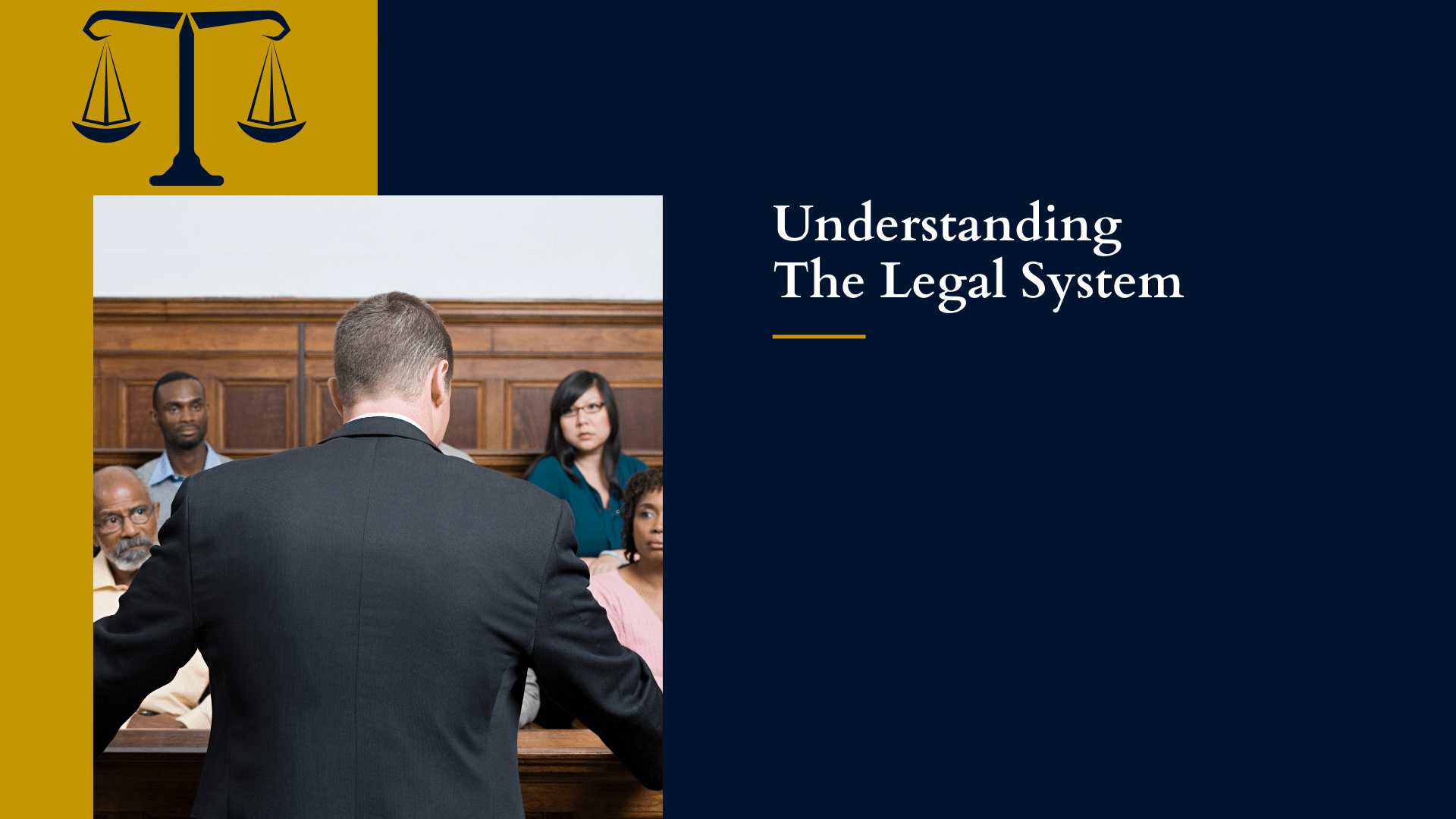
Introduction
The Moroccan juristic system is a unique blend of civil law and Islamic law, characterized by distinct features that shape its legal landscape. In this article, we explore the key characteristics of the Moroccan legal system and examine why some of these aspects can be controversial.
Dual Legal System
Morocco’s legal system operates under a dual framework, incorporating elements of civil law derived from French legal traditions and Islamic law (Sharia). This duality reflects the country’s historical and cultural influences, but it can also lead to complexities in legal interpretation and application.
Codified Laws
Central to the Moroccan legal system is the presence of codified laws that provide a structured hierarchy for legal norms. From the Constitution to international treaties, laws enacted by the Parliament, and government regulations, this codification offers clarity and predictability in legal matters.
Independence of the Judiciary
Ensuring the independence of the judiciary is a fundamental principle of the Moroccan legal system. This independence is enshrined in the Constitution to safeguard impartiality, fairness, and the rule of law. However, challenges may arise in practice, impacting the system’s credibility and effectiveness.
Specialized Courts
Morocco features specialized courts tailored to handle specific types of cases, such as commercial, administrative, and family courts. This specialization aims to enhance expertise in different legal domains and facilitate more efficient dispute resolution processes. However, the effectiveness of these specialized courts can vary.
Reforms and Modernization
In recent years, Morocco has embarked on legal reforms and modernization efforts to improve access to justice, streamline legal procedures, and align with international standards. While these reforms signify progress, they may also spark debates and controversies regarding their implementation and impact on legal practices.
Controversies and Challenges
Despite the strengths of the Moroccan juristic system, controversies persist in areas such as the intersection of civil and Islamic law, challenges in implementation, human rights concerns, and gender equality issues. These controversies underscore the ongoing need for critical evaluation and reform to address legal complexities and